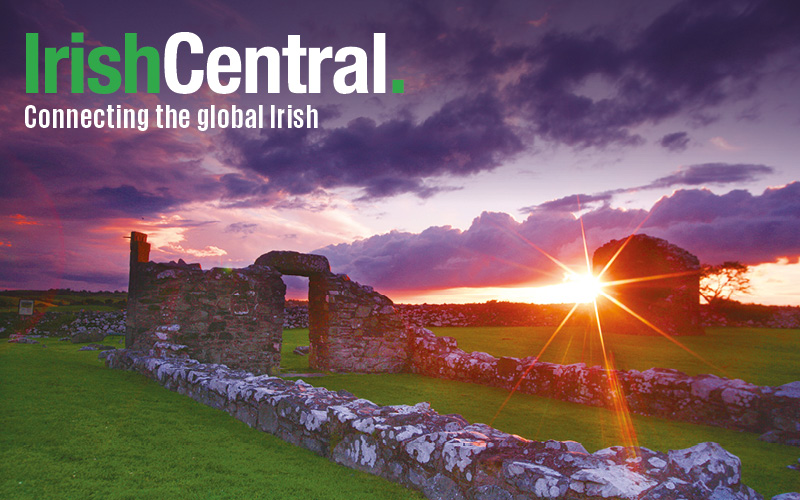Back in the 70's and 80's the Halloween masks would begin to appear in the local shops about two weeks before the big night. They were always a very welcome sight. The anticipation was almost as good as Christmas.
This was in the long ago of course, before the internet or fancy costume stores, before glowing white screens and selfies and Instagram and Snapchat and the myriad horror stories of our own times. I'm speaking of the late 70's and the early 80's to be precise, times the young people call the olden days now.
Cheaply made but oddly cheerful looking, those colorfully painted face masks depicted Dracula and Frankenstein and the Werewolf, or scaresome red faced devils or green faced witches with their pointy black hats. Part of the fun was deciding which you would wear that year, who you would be.
They fastened behind your head by a thin rubber string that usually broke on the second or third wear. Your breath quickly filled their narrow insides with beads of perspiration, too; it didn't matter what age you were or what kind of face you had, you'd soon be inhaling the strange industrial chemical smells of their making in far away China, and sometimes your face would turn red in the scientific exchange.
Most places called them Halloween masks, but up north we only ever called them false faces. That was probably because the idea of wearing any face other than our own was especially frowned upon by us, even if all we wanted to do was play dress up for an evening.
They weren't a bit scary, these masks, which was their point I suppose. Instead of frightening you they reassured you. We would take what scared us – death, monsters, the supernatural – and turn it into something homespun and silly and non-threatening. We're not afraid of the dark, see. Boo.
You don't really see those old false face masks around now that the times and fashion have changed. All their silly inventiveness has been replaced by the the even blander look-at-me masks of TV celebrities, pop stars and politicians, faces calculated to get a cheap rise out of you without making much of an appeal to your imagination.
That's a shame, because if there was ever one holiday calculated to appeal to your imagination it's Halloween. Thank the Irish. They have never needed an excuse to fall back on their own creativity. For our ancestors the line separating this world from the next has never been firmly fixed. They invented Halloween after all, originally calling it Samhain.
Up north in the 70's and 80's it was still quite possible for an extraordinary winter darkness to fall over whole counties without much relief from the sparse street lights. Woods became otherworldly, trees cast long shadows, old houses became even spookier after sunset. On those nights the line between day and night, between life and the afterlife, lost their edges.
No wonder we all needed a special night to come to terms with it. Everyone could feel it, this liminal moment, when ordinary life threatened to become extraordinary. So instead of going silently into the darkest nights of the year we did what generations of the Irish before us have done when faced with unavoidable solemnity: we threw a party.
Not many traditions have kept faith with the pagan origins of ancient Irish festivals, but scratch the surface of Halloween and you'll see a celebration that stretches back before christianity. That's because the great mysteries of life that we spend so much time trying to avoid looking at these days have lost none of their power, even in these fraught times of social media freak-outs and the endlessly breaking news.
We can still be as frightened by the unknown as our ancestors, still be as shocked by what we can't make sense of, still as unnerved by how fragile the line between this world and the next really is. But these days we contend with those troubling realities by looking and then running the other way.
Our ancestors decided to look these mysteries clear in the face instead. They accepted the great realities of life of death with a wisdom and a resignation that we have lost. Halloween once had something profound to teach us about our transient place in the world, and it expressed the deep respect for all existence that comes from that awareness.
It seems as if more and more people in Ireland are slowly recalling that Halloween is not just a silly opportunity to request candy from put-upon strangers, it's actually a rich celebration of what it means to live and die.
It's about time, after all.




Comments